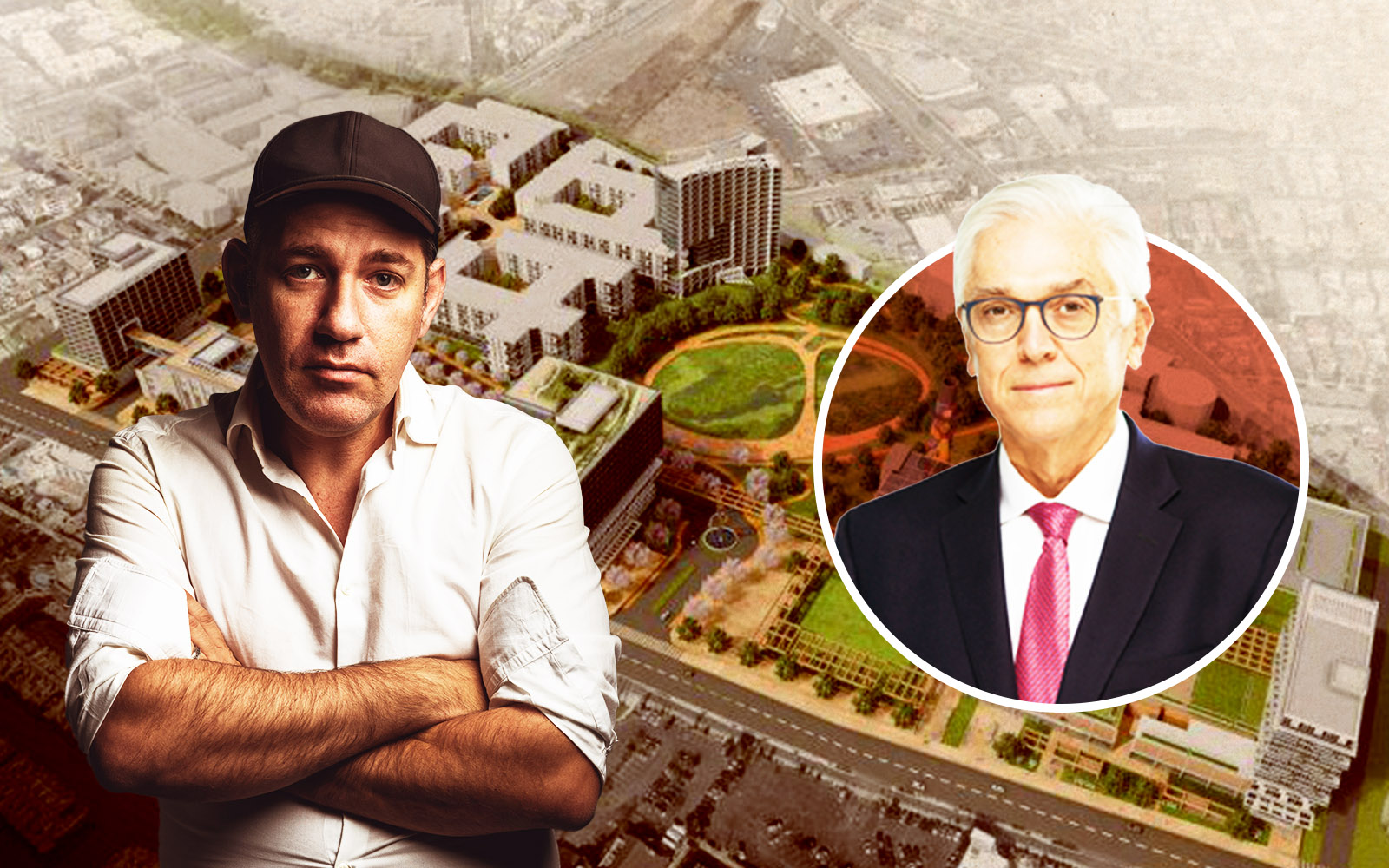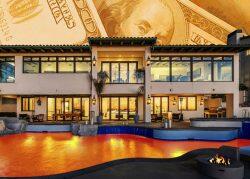The Redondo Beach City Council voted Friday to accept a settlement with the development firm CenterCal, which years ago had sought to redevelop the beach city’s fading waterfront but later sued the city for breach of contract.
The city settled three pending suits from CenterCal for $2 million, a fraction of the amount the firm had originally sought.
The settlement is “a big deal,” Redondo Beach Mayor Bill Brand told the Daily Breeze newspaper, which covers L.A.’s South Bay and reported earlier on the agreement. The mayor added that he was relieved, and said that even “if it doesn’t look like it, we’re going in a positive direction.”
CenterCal is an El Segundo-based firm that has developed major projects around the West, including retail and mixed-use sites in Seattle, Park City and Long Beach. In 2015, the firm proposed a 35-acre, $400 million overhaul of Redondo Beach’s struggling waterfront complex into a 520,000-square-foot project with shops, a market hall, movie theater and hotel.
The project was initially approved by Redondo’s then-City Council, but eventually turned into a local lightning rod, drawing fierce opposition from advocates who argued it would create new traffic congestion and called it “a mall by the sea.”
The debate over the project consumed the town, and the opposition campaign grew vicious. Fred Bruning, CenterCal’s longtime CEO, previously told TRD that during the fight over the project his tires were slashed four times and drones started appearing over his house. Project supporters were deluged with insults, and the opposition even took on a racist element, with some opponents openly fretting the complex would bring in “those people” from other nearby cities.
The episode, Bruning said, amounted to “the saddest moment of my career.”
The opposition was led in part by Brand, the city’s current mayor, who was elected in 2016 after campaigning on the issue. Brand and his “slow-growth” political allies then orchestrated a new ballot measure to block the CenterCal development — approved by voters in 2017 — which negated the initial approval. That prompted CenterCal’s breach of contract suits, since the city first approved the project and then blocked it.
The settlement adds momentum to the city’s side. In December, an appeals judge backed a court’s earlier decision to throw out two of the developer’s arguments in the case. The settlement also means that CenterCal, which stopped developing in the city years ago, will formally renounce its entitlement rights, which potentially clears the way for a new project. For over a year, the city and community members have been exploring a plan for a new redevelopment plan that would emphasize recreational uses.
The CenterCal fight came after the city had fought for decades over its waterfront and other land use issues, and it also set the stage for another high-stakes development battle. Last year developer Leo Pustilnikov filed plans to transform an aging power plant in the same area into a mixed-use complex with 2,700 units, representing one of the most ambitious development proposals in California. The project, which has sparked its own complicated battle, also amounts to a major test case for builder’s remedy, the controversial state provision that allows developers to bypass local zoning in cities that fail to meet state-mandated housing goals.
Following the City Council vote in favor of the CenterCal settlement, Bruning said he was happy to be moving on.
Read more



